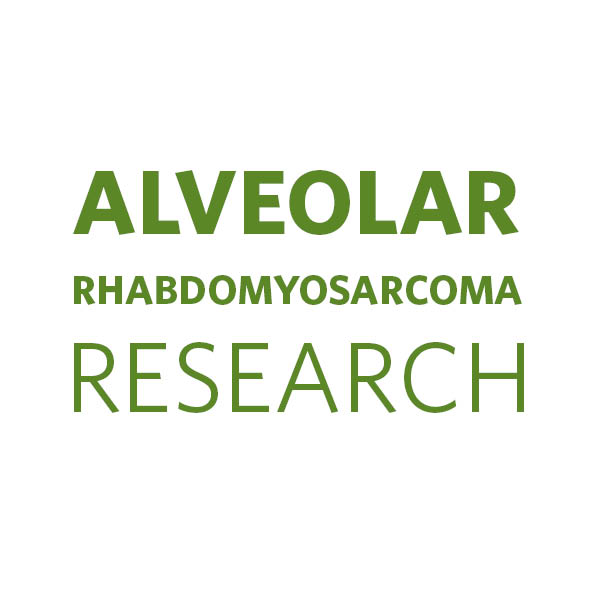
The Background
In more than 80% of aRMS cases, two chromosomes abnormally break and join to form a fusion-protein that scientists believe causes aRMS to be more aggressive than other rhabdomyosarcoma cases. This fusion-protein is thought to cause tumors to grow and metastasize, or spread to other parts of the body, making this type of childhood cancer less likely to respond to current treatments.
The Discovery
Dr. Chen and his team have identified several genes that the fusion-protein communicates with in aRMS cells. These genes essentially tell the cancer cells to spread to other parts of the body.
They also found that a certain protein that is critical in promoting cell growth is also responsible for carrying out the function of the fusion-protein. They were then able to demonstrate that blocking this protein decreases aRMS cell growth. To do that, they used a drug known as a “chemical inhibitor” to stop the protein from functioning properly.
The Next Steps
Their team plans to develop drug compounds that directly target the fusion-protein or the genes that it communicates with to be used as novel therapies for children with aRMS.
Dr. Chen’s studies were performed in vitro, outside the living body and in a controlled environment. This is an important early step in the research and discovery of new drugs.
The Impact
Dr. Chen’s findings are helping the scientific community to better understand what’s happening inside the bodies of kids with aRMS on the most fundamental level: in the cells.
Their ultimate goal is to develop more effective treatments for aRMS, a type of childhood cancer that is fatal more often than not — the very cancer that claimed the life of Ambassador Jordan.
“Support from organizations like St. Baldrick’s immensely helps to speed research into a relatively rare disease like aRMS,” Dr. Chen said.
With continued funding and dedication from researchers like Dr. Chen, a cure for aRMS can be found so that one day, no child has to hear the words that Jordan and his parents were told: “It’s alveolar rhabdomyosarcoma, and you will most likely not survive.”
Help fund important pediatric oncology research like Dr. Chen’s. Donate now.

 SBF
Tweets »
SBF
Tweets »